When we hear “People and Culture” in any organisation, it can feel more mechanical than meaningful, Nizam Salim brings something refreshingly rare to the table: sincerity.
In one of our weekly Yap Sessions—our series of informal internal interviews—his presence is calm but quietly electric. Think less HR manager, more human architect.
When asked how he interprets the agency’s north star, Nizam doesn’t hesitate.
“To me,” he says, “Reframe What’s Possible is about constantly questioning if the way we’ve always done things still serves our people today.”
Gone are the one-size-fits-all playbooks. In their place? Human-centered choices, from redefining leave policies to launching programs that speak to holistic well-being. “It’s not just about their job titles,” Nizam adds. “It’s about their whole selves.”
A Human Operating System
There’s a stereotype about HR being all rules and regulations, but Nizam’s view of the function has been shaped by a very different ethos. He describes a transformation underway, one moving from compliance-driven checklists to a kind of proactive emotional intelligence.
“It’s easy to roll out a shiny new tool or benefit,” he explains. “It’s harder and more important to build trust, empathy, and a sense of belonging.”
And at Mediatropy, belonging isn’t a box to tick. It’s built into the culture, from non-work Mattermost threads to online fitness challenges. But Nizam points to the agency’s leadership offsite as a good example of what intentional culture-building looks like in action.
“It wasn’t just strategy, it was co-creation. We invited our leaders to help shape this year’s roadmap,” he says. “That shift from creating policies for people to create them with people, made all the difference.”
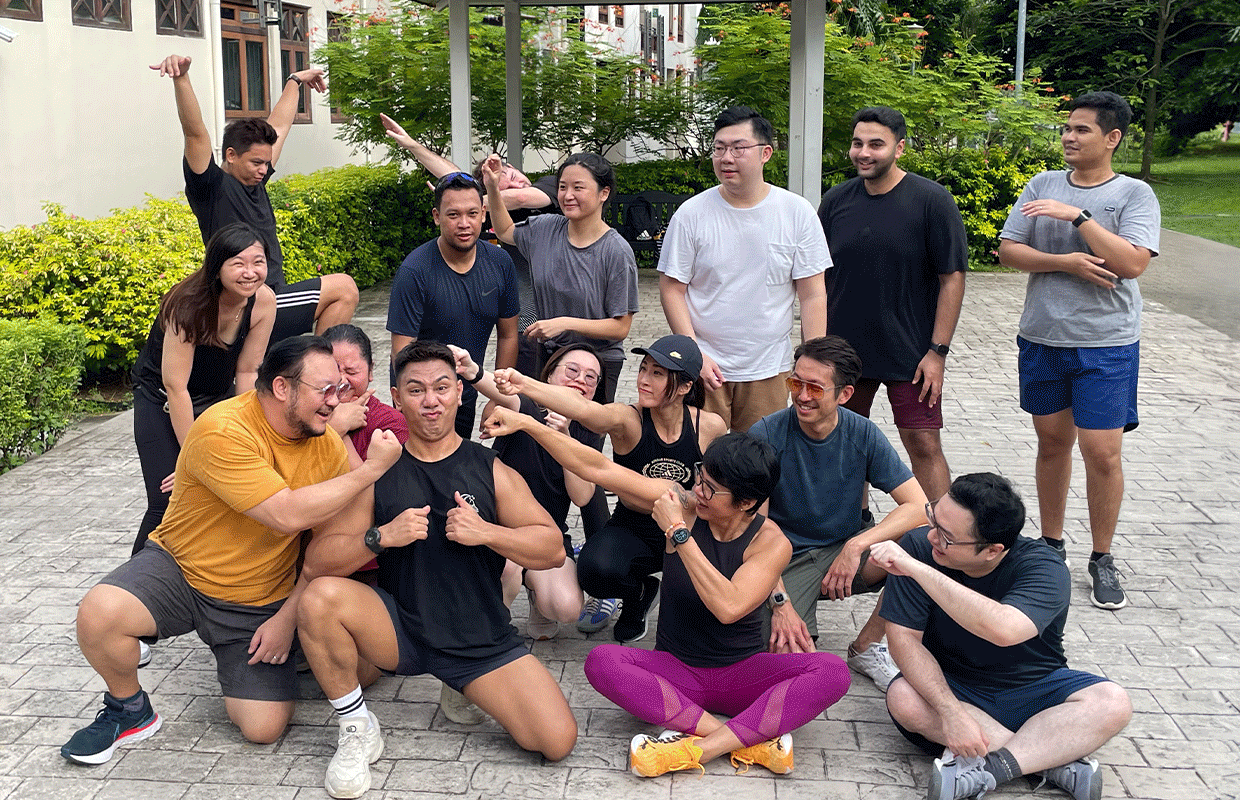
Mediatropy Leadership Offsite, December 2024
Listening as Leadership
In a world dominated by automation and dashboards, how does one preserve authenticity?
“We use data to spot trends,” Nizam says, “but we listen to stories to understand why.” It’s not just employee surveys or check-ins, it’s the art of real conversation. And sometimes, what employees need most isn’t another perk, but permission.
“Some just want to know it’s okay to take time off. Or voice an idea. Or set a boundary,” he says, pausing. “Most already know what they need. They’re just wondering if anyone will listen.”
In some bigger agencies, that feedback might get buried in layers. But here, the hierarchy is flat. “I always tell new joiners, if you want to speak to our CEO or Regional General Manager, go ahead. You don’t need to ask five people for permission.”
Curiosity Over Control
If there’s one principle Nizam would impart to other leaders, it’s deceptively simple: lead with curiosity, not control.
“Ask your team what they need instead of assuming,” he says. “That small shift builds trust, improves engagement, and fosters a more resilient culture.”
This philosophy extends into how the agency navigates hybrid work. Singapore operates on a part-time in-office rhythm; other markets, like the Philippines, are fully remote. But there’s flexibility across the board, no matter where you’re based.
“We let teams define what hybrid means to them,” Nizam explains. “The structure is there, Tuesday and Wednesday office days, culture rituals, fun initiatives, but people still feel in control. And that matters.”
Cultural Fluency Across Borders
Of course, managing a team across Southeast Asia brings its own set of complexities. Communication styles vary. Feedback norms shift. Public holidays don’t align. Nizam doesn’t pretend to have all the answers, but he insists on starting with acknowledgement.
“First, you learn,” he says. “Then, you adapt. Maybe in Singapore, people are comfortable giving feedback face-to-face. In the Philippines, it might be anonymous forms. The point is our programs allow for that flexibility.”
Passion, Permission, and the Power of Small Moments
Supporting employee-led passion projects, be it a fitness challenge or creative brainstorm, follows the same pattern: resources, visibility, and leadership backing.
“When people feel like they can bring their passions to work,” Nizam says, “you don’t just drive engagement. You spark innovation.”
That mindset recently came to life in an unexpected but powerful way: a team-organised Earth Day walk, where Mediatropians from various cities reconnect with nature, with colleagues, and with themselves.
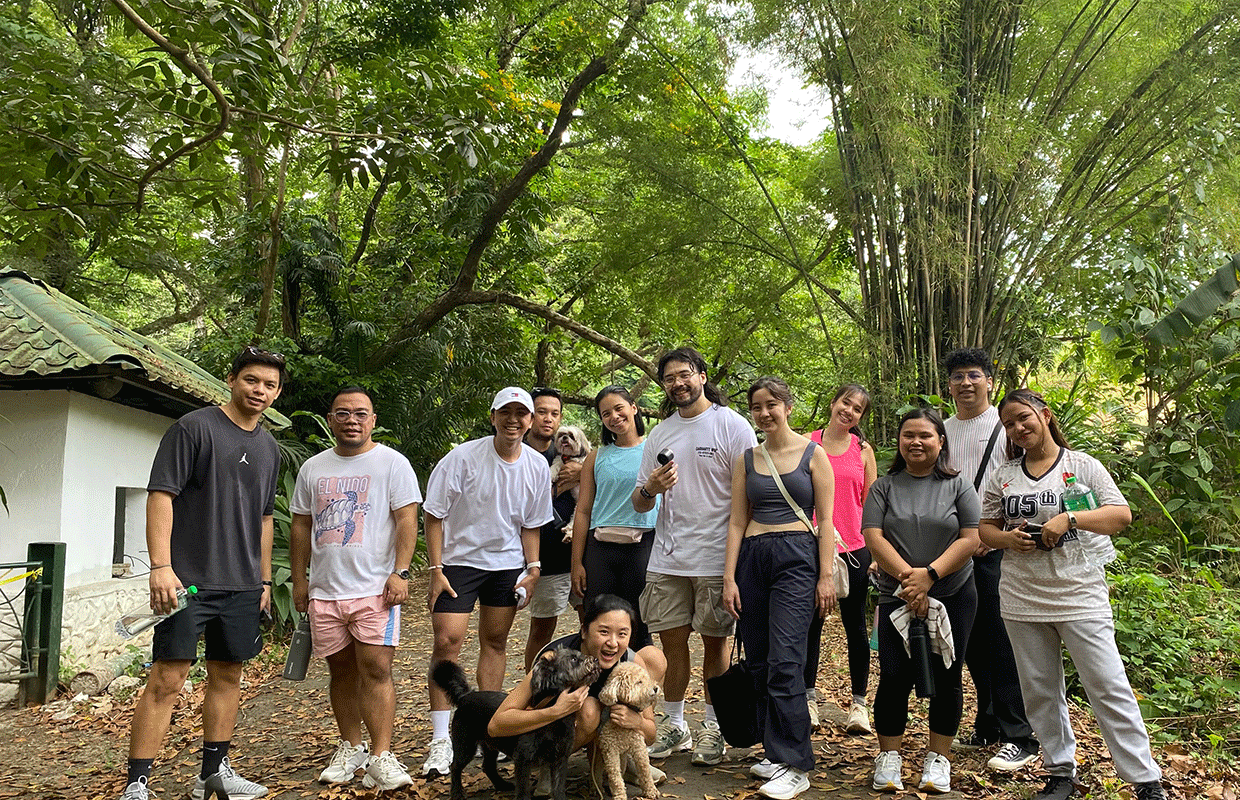
Earth Day Walk 2025 – Singapore, Hong Kong and Philippine team
“It was simple. No corporate agenda. Just movement, mindfulness, and meaning.”
Moments like these don’t just boost morale, they build trust. And they happen when people are given not just resources, but permission.
That same human-first approach shapes the way Nizam welcomes new hires, too.
“It starts before Day One,” he says. “That first impression when we invite them in for a face-to-face interview, it matters. The swag and handbooks are nice, but it’s really the moments that say: you matter here.”
Surprise and Delight
So, what’s one policy that surprised even him in its impact?
“Health and wellness benefits. Increasing our ClassPass credits was a big one. Our teams use it for yoga, even working out with their colleagues. It’s not just fitness. It’s a community.”
In this age of remote dashboards and Slack pings, it’s easy to forget there are people behind the pixels. But in Nizam’s world, empathy isn’t a soft skill, it’s infrastructure. And reframing HR isn’t about tearing down structure. It’s about rebuilding it with heart.
As the Yap Session wraps, Nizam leans back in his chair, calm as ever. “Lead with curiosity,” he repeats. “That’s how we build something that lasts.”





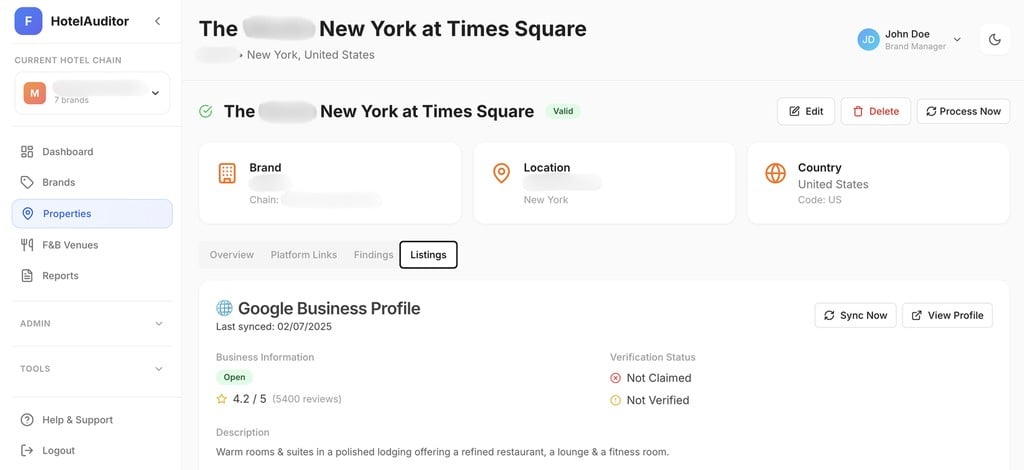
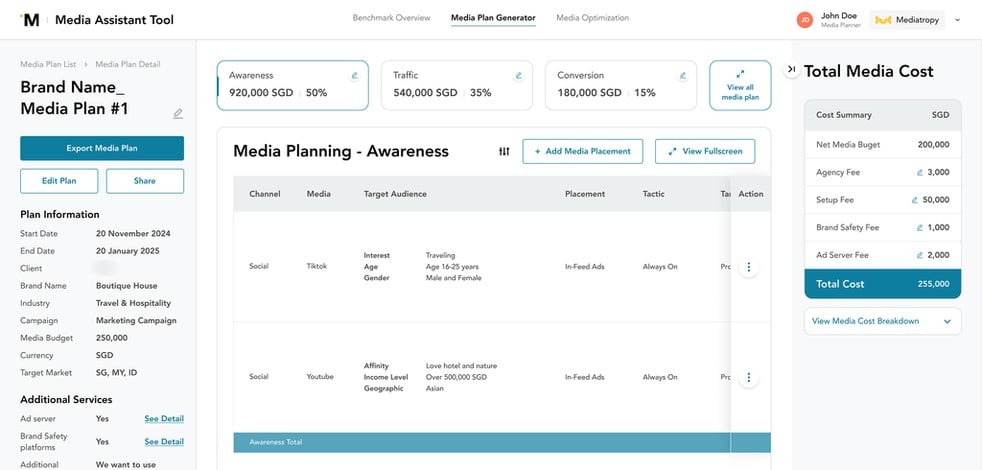
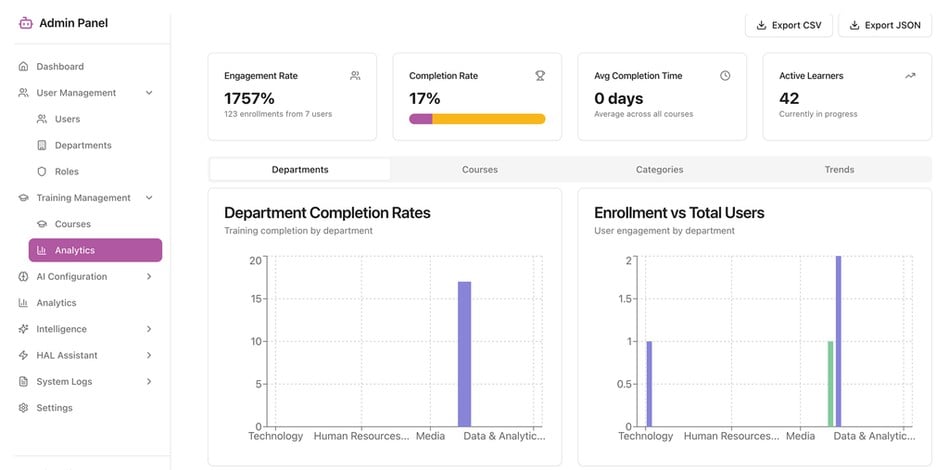



Discussion about this post